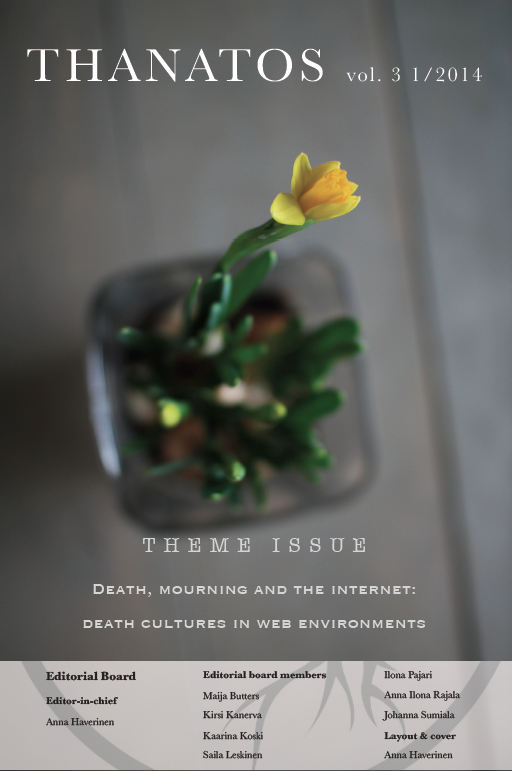Online Legacies: Online Service Providers and the Public – a Clear Gap
Abstract
In our contemporary society, people leave behind a great amount of digital assets which are not accessible to their relatives after they die. There is currently a gap between the need for access to online accounts of the deceased, as could be witnessed in several high-profile cases, and the online service providers policies and practices regarding the granting of said access.
We suspect that the above-mentioned gap is a prevalent problem, but most people have not yet experienced it and, thus, remain oblivious to its existence. In order to confirm this hypothesis, we conducted an online survey in Israel in 2013, asking people for their opinion: what should the online service providers' policies be, in regard to this issue?
The survey gathered data from 506 respondents. While a majority of the respondents indicated they would be interested in gaining access to their relatives' e-mail accounts, social media accounts and cellular phones (80%– 91% altogether), they were less eager to gain access to other digital legacy categories, such as website surfing history and Internet search history (52%–75%). The wish was also different when dealing with the digital legacies of children and spouses, as opposed to parents. The overall amount of respondents wishing to gain access to the website surfing history and Internet search history was significantly smaller in comparison to the other digital legacy categories (53%–75% and 52%– 74%, respectively). In all of the above cases, the wish to gain access to children's digital legacies was greater than the wish expressed towards spouses' legacies, which was greater still than the wish expressed towards parents' legacies.
Our results show that the majority of respondents (70.8%) believed that online service providers should give access to online legacies to first-degree relatives, unless otherwise stated by the deceased. This indicates once again the existence of a gap between existing policies and the needs and wishes of the public. We believe this gap can be bridged by a few alterations of existing policies and laws. This point is addressed in the paper, in hopes of creating a future change for the families of the deceased.
Downloads
Published
Issue
Section
License
Copyright (c) 2023 Vered (Rose) Shavit, Roey Tzezana

This work is licensed under a Creative Commons Attribution-NonCommercial-NoDerivatives 4.0 International License.





